Brief history of Akwa Ibom state
Human nature dictates that we always prefer to find out about the bigger and better things. Thus, everyone knows a state such as Lagos like the back of their hands. But what about the smaller communities? Are you sure you aren’t missing out on anything interesting? Read this article, and you can learn the top facts about the history of Akwa Ibom State!
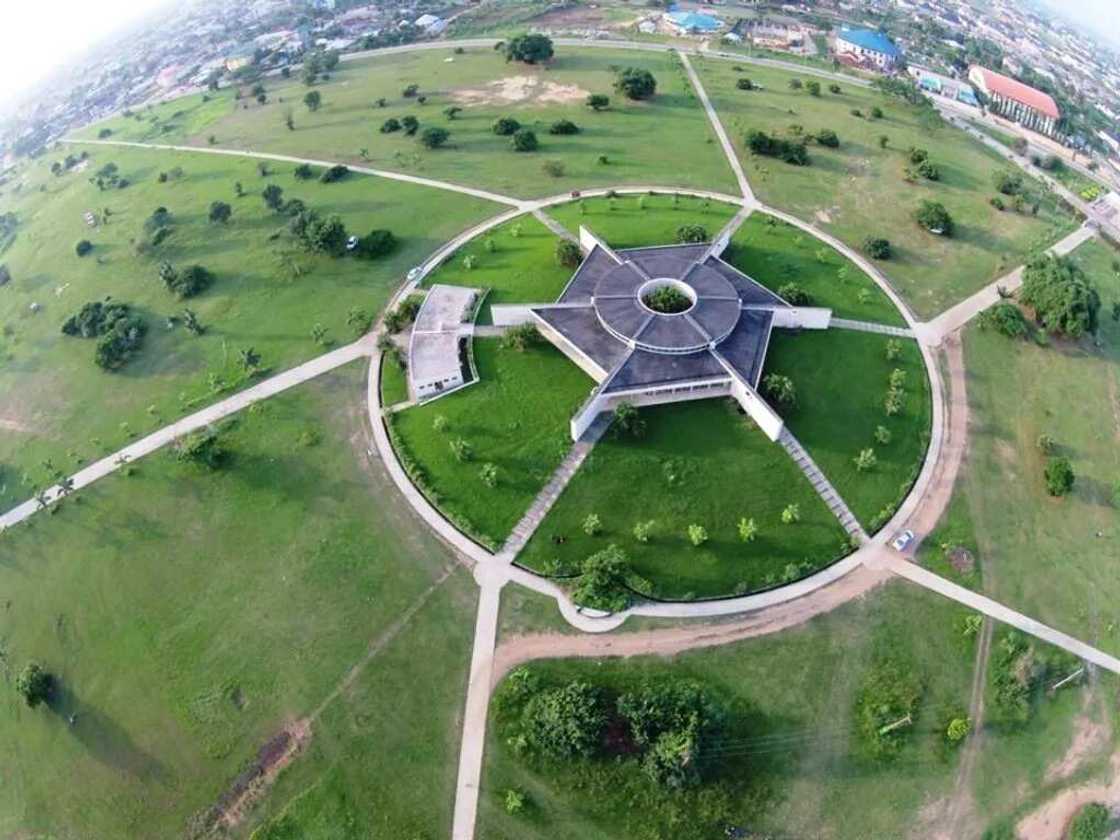
About Akwa Ibom State
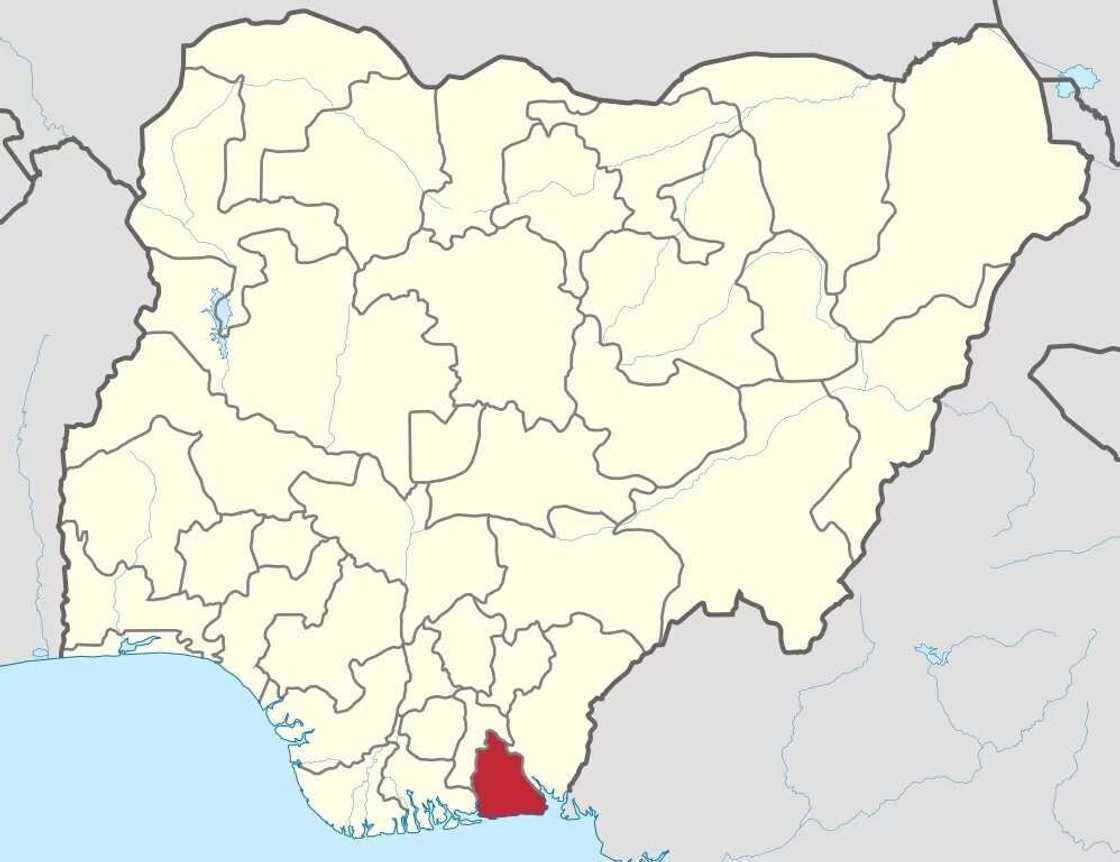
Despite its small size, Akwa Ibom may be one of the most important states in Southern Nigeria. It’s situated on the South coast of the country and borders with Cross River, Rivers and Abia states. Its official motto proclaims that it is “The Land of Promise”.
As one of the thirty-six states in Nigeria, it was established in 1987. Akwa Ibom was separated from the Cross River State and gained its own governing system. The state itself is now divided into thirty-one smaller areas, with its capital being the town of Uyo. Among other large cities, you can find Eket, Ikot Abasi, Abak, Ibeno and many others.
Even though the state has an area of just about seven thousand square kilometers, it has a population of more than five and a half million. Such a large population is partly due to the fact that the “Land of Promise” is Nigeria’s leader in the oil and gas industries, providing jobs to thousands of countrymen.
History of Akwa Ibom state Nigeria

READ ALSO: History of Osun State
Akwa Ibom State was established in 1987 by Ibrahim Badamosi Babandiga. This was a long-fought-for victory that led to the process of creating the state after decades of attempts. Hundreds of people dedicated their lives to this cause, and by the time they gained their own state it was long overdue.
The people of “The Land of Promise” have originally lived in the Ibom village in Arochukwu. Over time, they migrated to the current state’s location. The name originates from a river called the Kwa Iboe. In the Efik language, the word Akwa means “big,” “large.”
Even though the people of Akwa Ibom represent three different dialect groups, Ibibio, Annang, Oron, they possess a common identity. They are all believed to be the first ethnic groups to migrate to the south-eastern part of Nigeria. This uniting feature helps them stand together in their mission of creating a separate governing formation.
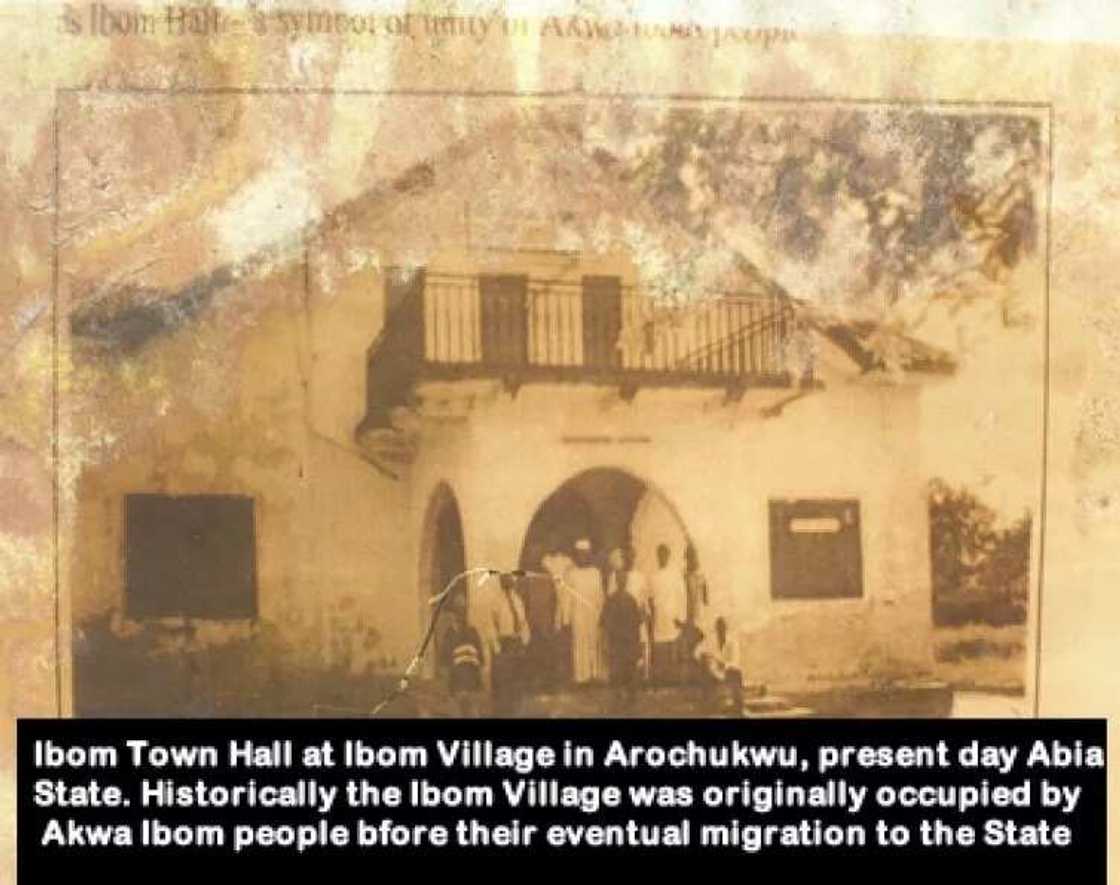
The community of Akwa Ibom’s fight for the own state began back in 1948, when the Ibibio Union changed its primary focus. Previously, they had been an organization that mainly dealt with cultural matters. But in 1948 they decided to concentrate on the idea of Nigeria being transformed into a state-divided country. The Ibibio Union became one of the leaders in this struggle, as the plans were brought to fruition.
Sadly, during the initial separation of Nigeria into twelve states, back in 1967, the territory of Akwa Ibom State was assigned as a part of the South Eastern State. Nine years later, its name was changed to Cross River. But a simple change of façade wasn’t enough to hold back the population. They continued their fight to have a state that belonged to them and only them.
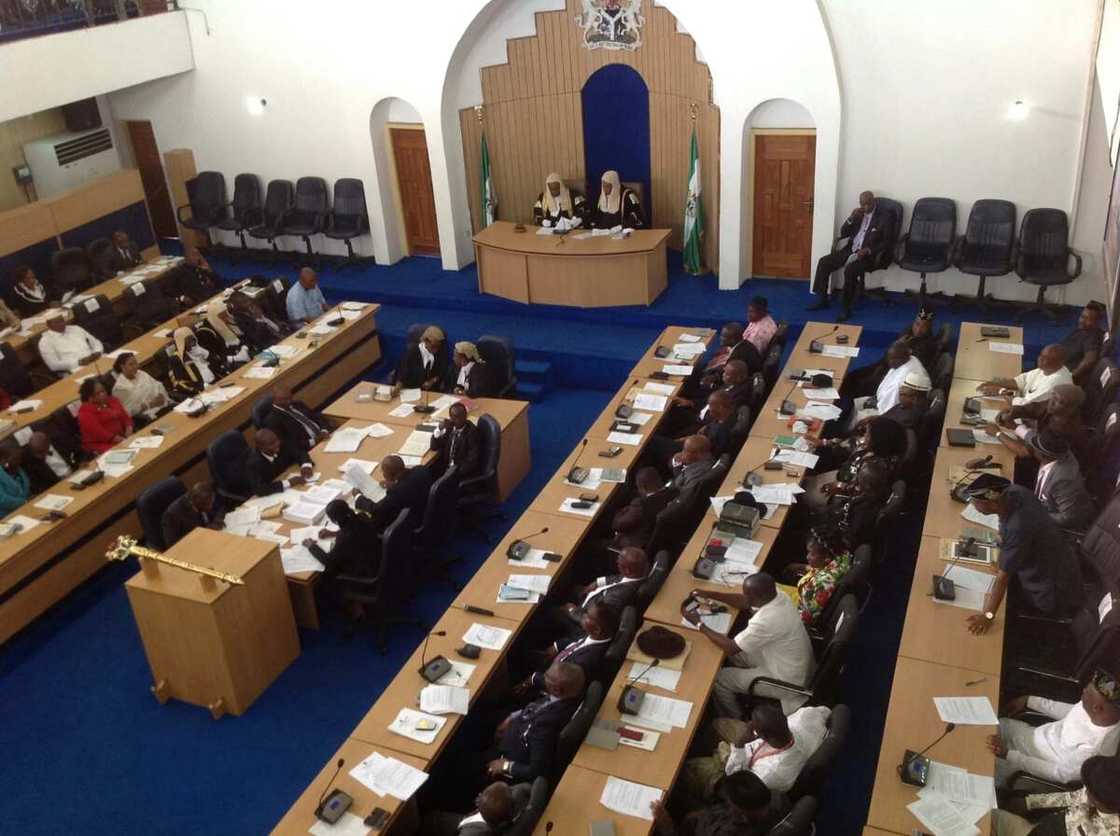
The community’s second chance for creating a separate state appeared after the disintegration of the Second Republic. The people sent a request for a memorandum to the General Buhari Administration, but the result was unsatisfying. The next opportune moment came about when the political Bureau was held to determine the direction in which Nigeria was supposed to be heading. The same demands were sent to General Ibrahim Babangida again.
This time the memorandum resulted in the creation of the Akwa Ibom State in 1987. The people finally got what they wanted.
Cultural history of “The Land of Promise”

Now let’s talk a little bit about the cultural history of “The Land of Promise”. Despite the numerous ethnic groups that populate the state, the population mostly shares all the social norms and traditions. They’ve learned to coexist with each other and developed the same culinary recipes, national dances, and mythological system. The state is most famous for various dances which include Asian Ubo Ikpa, Oko, Nkerebe, Mbre Iban and Ufok Ebe.
Akwa Ibom has also given birth to numerous prominent people that play a part in the development of the country and in popularizing Nigeria on a global level. Amongst them are senator Ita Enang, Godswill Akpabio, Samuel Okon Peter and Vincent Enyeama.
All in all, the Akwa Ibom community has created a unique cultural environment and provides interest both for travelers and potential investors.
The “Land of Promise” today
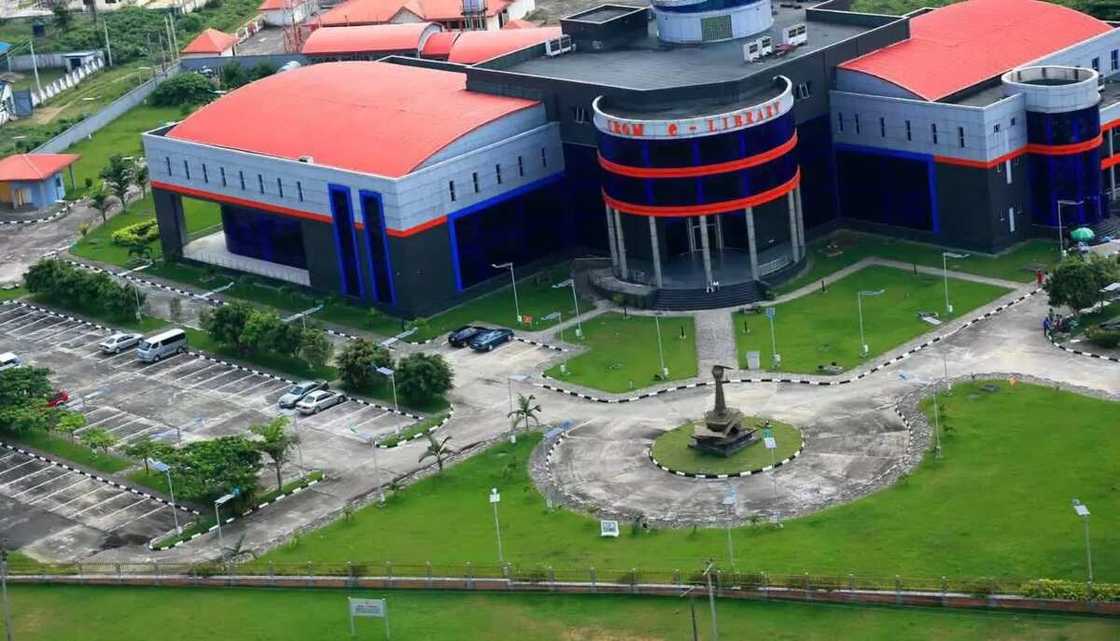
As we mentioned earlier, Akwa Ibom State is the leader of the oil and gas industries in Nigeria. Not only that, but the state also has access to air travel and two seaports. The current governor is Udom Gabriel Emmanuel.
Akwa Ibom also has numerous places that attract the attention of tourists both from Nigeria and all around Africa:
- Ibom International Stadium
- Ibom E-Library
- Le Meridien Ibom Golf Resort
- Ikot Ekpene Hotel
- Ibeno Beach
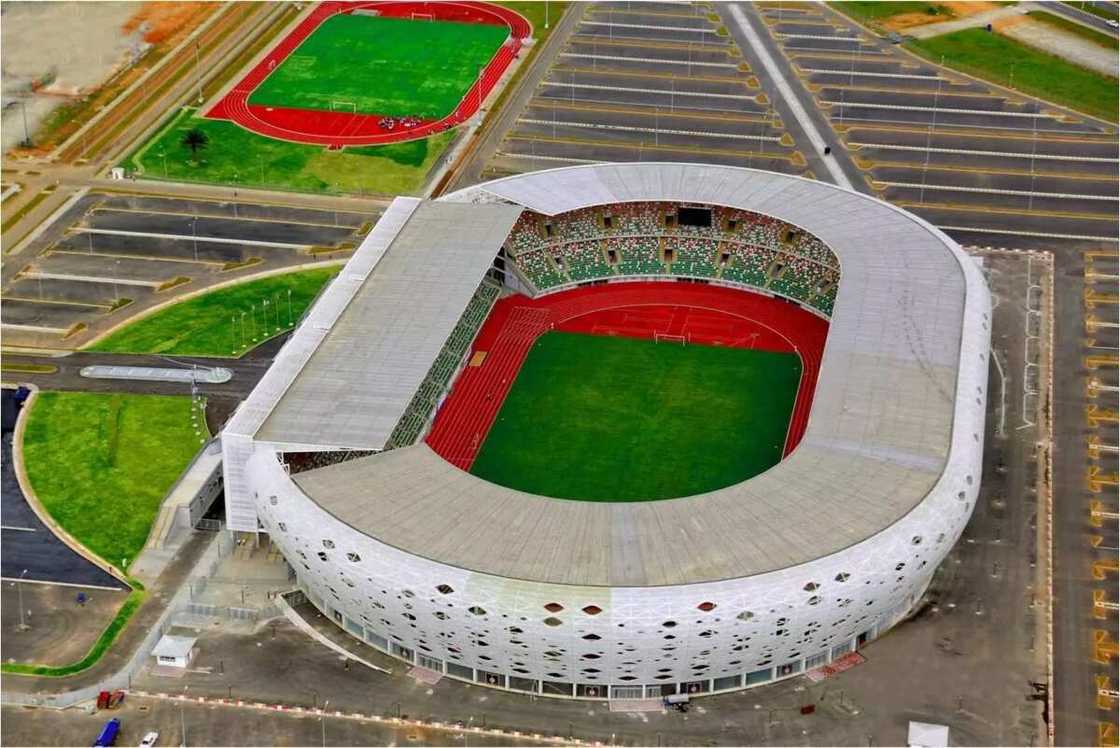
Other than oil and gas production, the Akwa Ibom people are involved in fishing, farming, and the trading industry, while also providing various white-collar services.
As this brief history comes to a close, we hope that you have learned a couple of new facts about Akwa Ibom and now you know more about one of the beautiful Nigerian states.
READ ALSO: History of Ogun State
Source: Legit.ng





